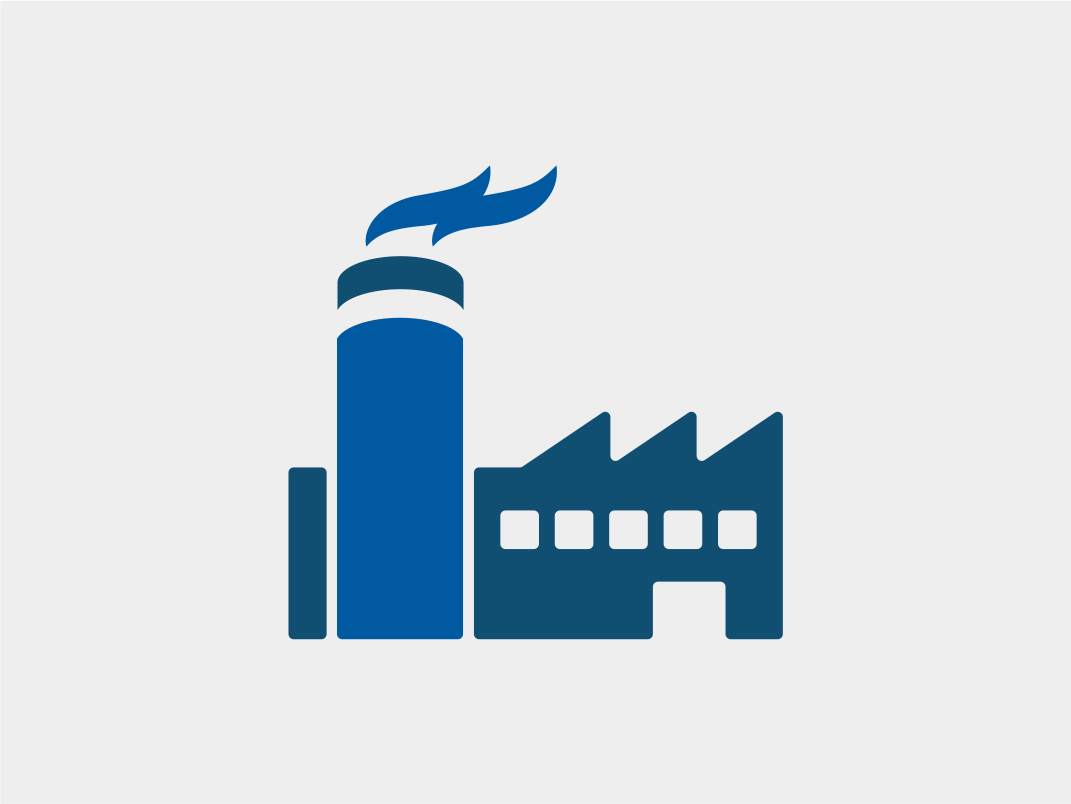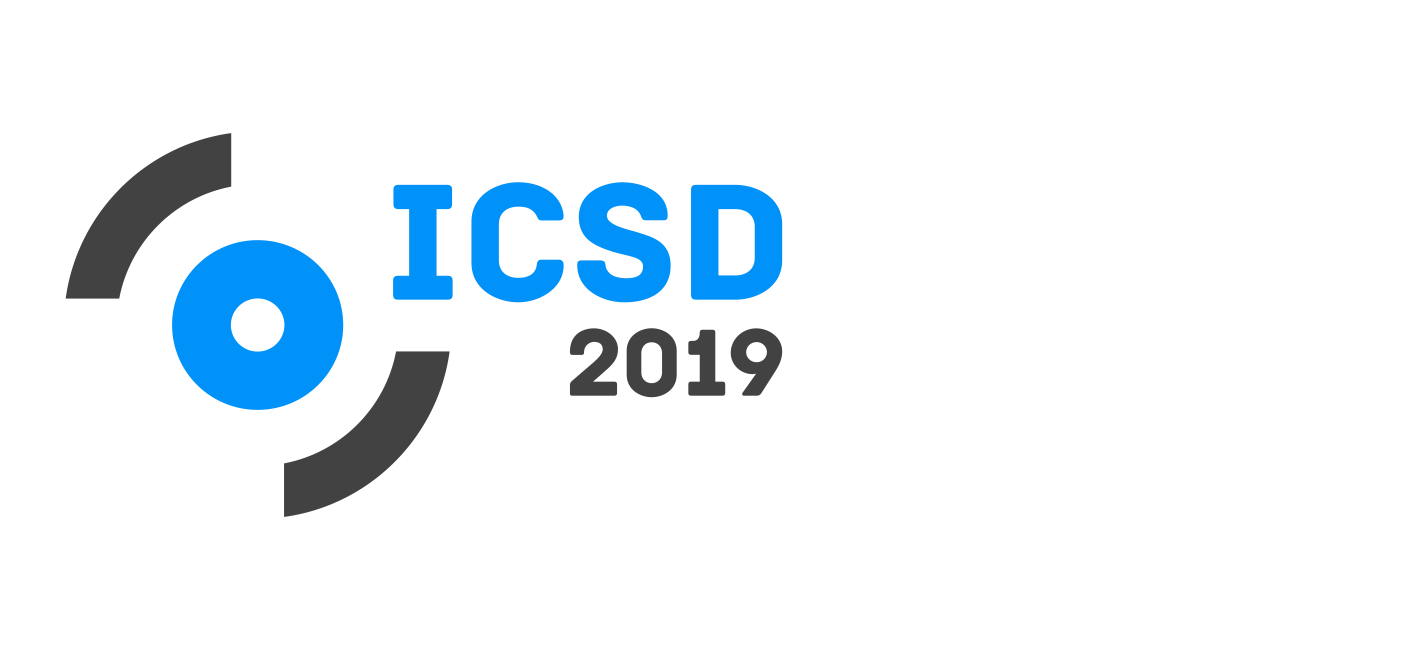Head of Committee
The International Consortium for Social Development’s 21st Biennial International Conference, which first began in 1980, will be held at Universitas Gadjah Mada, Yogyakarta, Indonesia.

The International Conference will be themed Strengthening Social Development to Achieve the Sustainable Development Goals (SDGs). This International Conference is open to various disciplines, practitioners, academics and students to accelerate the impact of the 17 SDGs and 169 targets at the national and global level. Inherent in the ICSD’s spirit, the SDGs aspire to end poverty and create economic, social and environmental sustainability.
-Dr. Lorem Ipsum
Organizer
International Consortium for Social Development and Department of Social Development and Welfare, Faculty of Social and Political Sciences, Universitas Gadjah Mada
In partnership with School of Social Work, Arizona State University
Conference Themes
The Themes
The 2019 ICSD International Conference invites speakers and papers to discuss the following, but not limited to, themes:
1. Inclusive Development
New digital technology, global economic dynamics and new findings in science have led not only to a promising future but also unprecedented change in societies across the globe. One of the main challenges is how to shape these new developments to improve welfare and tap into the opportunities they present to increase access for all to economic growth. In response to this issue, innumerable policies have been implemented to create greater accessibility to growth for all, including social entrepreneurship, microfinance, small and medium enterprise (SMEs) and infrastructure in rural and urban areas. What prompted the emergence of these policies across the globe? How are policies implement and what is their impact? What factors challenge their future implementation?
2. Inequality and Poverty
Despite the advancement of technology, dynamics of the global economy, the global shift toward more democratic governance and the advancement of economic and social policies across the world, there is strong evidence that poverty and inequality persists. What causes inequality and poverty? How do communities, NGOs, media, states, businesses and international organizations solve the complexities of local, national and global inequality and poverty? What attempts have been made to deal with poverty and inequality and what new agenda should be proposed?
3. Wellbeing and Access to Health
Health-related issues have become more central than in the past. Promising new findings in science and medicine have increased significantly, yet numerous new types of illnesses have also emerged, while a number of diseases remain incurable. The state’s capacity to provide health services, risk management and professionalism for all, as well as the availability of private health services and citizens’ ability to pay for such services varies across the globe. This panel invites presenters to discuss the following questions: How would it be possible to reduce health risks and improve the wellbeing of the people? How do existing policies and initiatives respond to these problems? How to improve greater access to affordable and good quality healthcare for all?
4. Education and Welfare
Access to education has improved significantly around the world. However, the quality of education varies across and within countries. On the one hand, there is continuing demand to bridge the mismatch between knowledge/skills and employment opportunities; while on the other hand, there is increasing unpredictability in the availability of employment opportunities locally, nationally and globally. What alternative policies should be implemented to enhance the link between education and welfare? How do governments, NGOs, the private sector and civil society deal with these issues?
5. Tools for Social Development
As the complexities of social development issues are more ostensible than before, tools for social development are also formulated more sophisticatedly to make greater opportunities possible for new generations of workers, professionals, entrepreneurs as well as investors in a context of market-driven capitalism. This calls for better analysis and practice of a new mode of governance and unprecedented interactions between all levels of organizations and various actors to create new tools for welfare. In what ways are tools for social development, including tourism, corporate social responsibility programs, industrial relations, citizenship and the novel advancement of digital technology re-invented and developed to enhance welfare? How are these tools implemented and measured? What challenges their future outcomes?
6. Climate Change, Disaster and Social Risk
As the quality of the global environment and natural resources continues to deteriorate, access to clean water, affordable and clean energy as well as high-quality food becomes more limited. In addition, persisting wars, atrocities and global climate change have worsened access to the most basic needs, including water, clean energy and nutritious food. Many of these problems are preventable, yet the global commitment to tackling these issues has not yet led to a desirable outcome. What is the best way to approach this problem? What possible alternatives are available for solving these global issues? How do community-based disaster management programs develop locally, nationally and globally and will they have a positive impact in the future?
7. Governance of Social Development
The new wave of democracy inevitably entails new demand for the practice of good governance. State organizations, businesses and various non-state actors across the globe are expected to carry out their responsibilities in an accountable manner. Despite the seemingly common international norms of democracy and good governance, the ways in which state and non-state organizations define, implement and evaluate their accountabilities vary. Concerning this tendency, this panel invites papers to discuss, among other things, what forces influence the practices of good governance? How is good governance shaped locally, nationally and globally? How do the concepts and practices of good governance affect welfare? In addition, as the concept of governance in social development includes the effort to re-invent opportunities, new kinds of individuals and communities, entrepreneurship and the need for social leadership has become more central than before. How do discourses and practices of entrepreneurship and social leadership change over time? How are their economic and social impacts measured under social development perspectives?
8. Multiculturalism and Social Justice
The unprecedented increase in global human mobility has created demand for new approaches to tackle issues regarding multiculturalism and social justice. How do multiple levels of state and non-state organizations limit, broaden or maintain migrants’ access to healthcare, education, the economy and politics? Do existing social security systems include or exclude migrants in its coverage? How does migration affect the welfare of citizens, their families and the society in which they reside? In addition, issues of social justice have emerged in response to limits on formal citizenship in dealing with persistent demand for welfare. Thus, papers under this panel are encouraged to discuss in what ways social justice in multicultural societies is shaped by practices of peace building, inclusive or exclusive social services, voluntarism, citizenship, etc.
9. Gender, Family Policy and Development
Despite the apparent success in narrowing the gender gap in education and health, the issue of gender inequality has not vanished. Besides continuing gender gaps in economic and political spheres, there are indications that gender-based approaches and gender mainstreaming in various development programs are still limited. On the one hand, there is increasing demand for bridging the gap from various state and non-state actors. Yet, on the other hand there are strong indications that gender gaps are not yet taken seriously in local, national and international governance. In addition, the stronghold of patriarchal values still dominates all stages of the policy making process across the globe. This problem calls for more updated and appropriate analytical tools that better explain factors that affect gender gaps, how gender gaps persist and how to increase women’s participation in education, health, the economy and politics across the globe.
10. Politics of Social Development
Decision making regarding development policies is a complex process involving various actors not limited to the state, civil society, businesses and international organizations. Concerning this challenging process, what factors shape states’ preference to maintain and alter particular social policies? How do state bureaucracies carry out social services during regime change? In what ways do political changes reduce or enhance citizens’ access to development? How do social movements – local, national and global — shape social policies to improve people’s welfare? How do discourses and practices of corporate social responsibility shape social development? How does culture, the media and technology shape the politics of social development and welfare?

